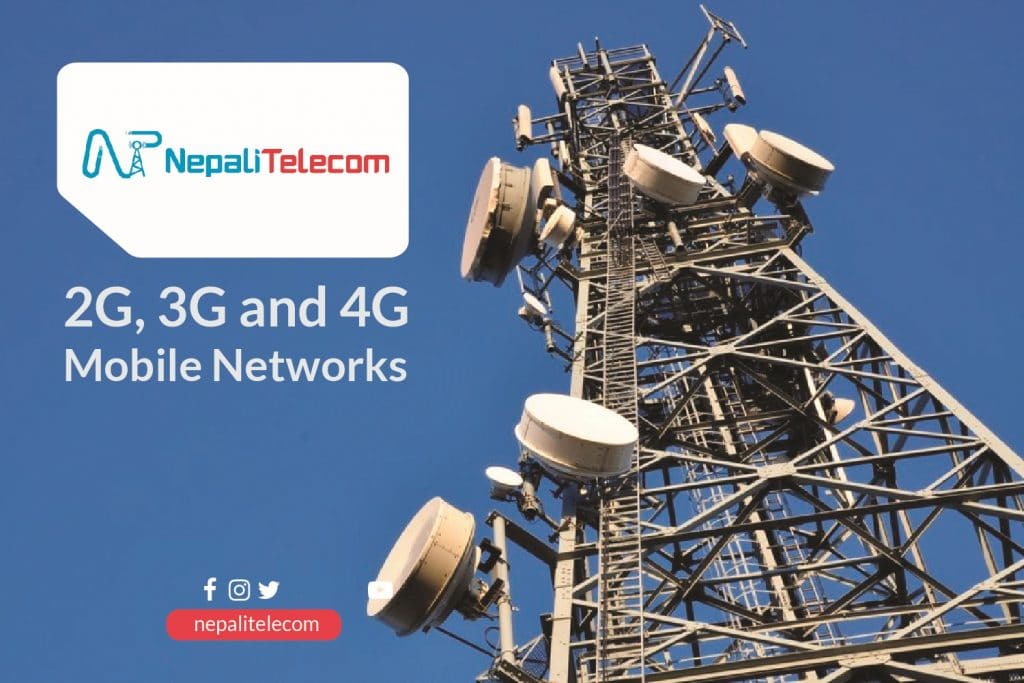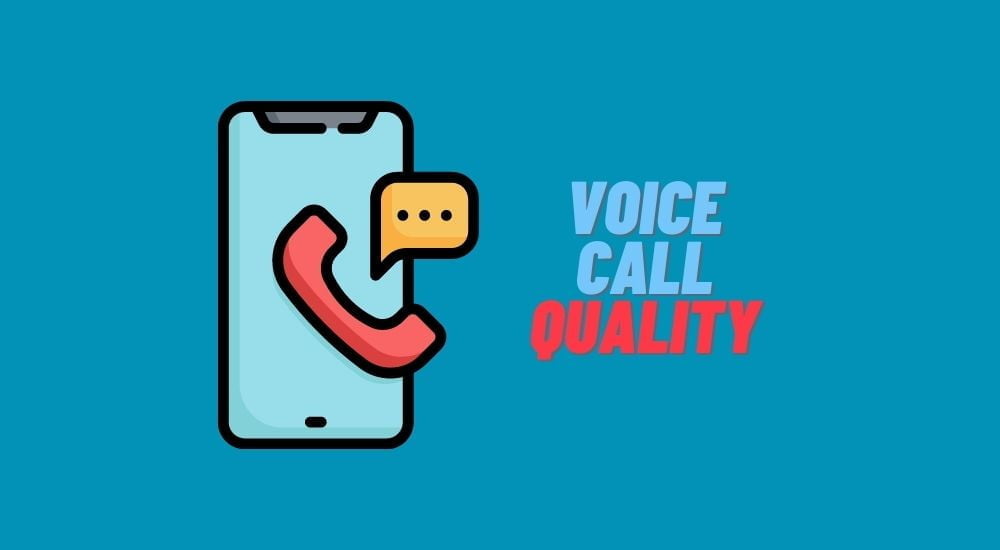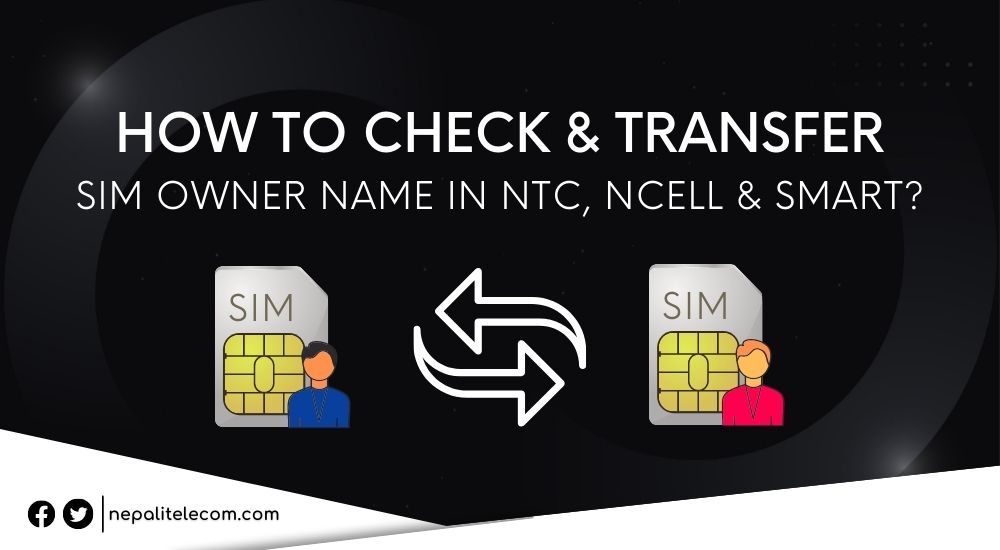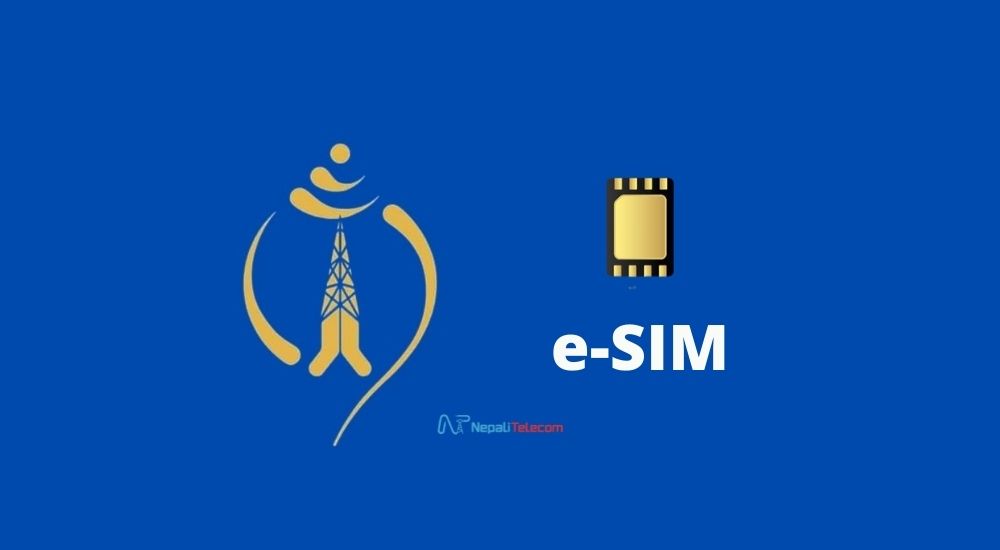- A survey in Nepal revealed that no mobile network provider consistently delivers high-quality voice calls.
- Factors affecting call quality include network coverage, signal interference, and device issues.
- VoLTE offers improved call quality on 4G networks, enabling simultaneous internet use.
Voice quality on mobile network calls still matters to mobile users despite the incremental growth of instant messaging and VoIP services. But due to multiple factors, call quality eludes us at times.
Lack of sufficient network coverage, fluctuations between networks, and other reasons lead to poor voice call quality. In this article, we will explore determining premises around voice call quality among mobile networks. Keep reading.
Native voice call is a default service from telco which is possible without requiring data. This is effective and convenient. This is why it remains an inherent purpose of carrying a phone with a SIM card in it. In Nepal, three telecom operators NTC, Ncell provide mobile services that include voice calls, data, and SMS. But there are concerns that their service dodges at times. We can blame the geographic nature of Nepal, or the lack of sufficient base stations, among others but the issue is ever persistent.
The same is the result from a NTA study where all the telcos fail to comply with their threshold for a good mobile network in terms of Call setup time and Call setup success rate.
Table of contents

What Degrades voice Quality On Mobile Networks?
Poor voice quality is a huge disservice while we are on an important call. It is frustrating when the call is distorted and rumbles through our ears. And what causes it? There are various factors that lead to such mishaps. Lack of cell towers, Shading/signal blockage, radio interference, cross talk, rapid network switching, power/transmission failure at the base stations are some of the reasons behind it, which is towards the network side. But you might as well check your mobile handset for the possible call quality issue. Signal reception problems, speaker issues in the phone itself can result in poor call quality.
The point is we still rely on mobile networks for voice calls and don’t want to resort to data-reliant apps for calls. But receiving poor voice quality is a downsize to us. We have a more comprehensive post on network fluctuations. Kindly visit this post to know more about mobile network fluctuations on mobile phones.
Poor Voice Quality Is Irritating
We do not want to compromise on our voice call as we pay duly for the service but at times we have to endure glitchy, rumbling voice calls. It is even worse when we don’t have WiFi or data service to look up for other applications to make the call. Even for that, both caller and recipient must have a similar app and data access. This may not be possible all the time. Check out the advantages and disadvantages of calling over the internet.
Such occurrences are though not usual. They strike us in certain situations as mentioned above. But if there are no cell towers, there is no telecom service. In cities, most places have good penetration of network signal but a basement, alleys, large housing projects may have a poor signal that brings poor voice quality. To the outskirts, remote areas, lack of sufficient cell towers resulting in less signal strength is a major reason. But huge traffic on the network also causes poor voice quality on mobile networks.
Voice Call on ‘G’s
Nepali telecom operators NTC, Ncell provide voice calls, data, and SMS services to their subscribers on the various networks. Among the current mobile networks, 2G is the defacto network for voice service which also provides slow mobile data.
For a higher leap, the third-generation mobile network was introduced known as 3G. But, 4G also supersedes 3G for broadband, and under-plan 5G takes mobile broadband to hyperreal level. 6G is an entirely surreal giant.
But not all ‘Gs’ supports voice call. The legacy networks 1G, 2G, and 3G natively support voice call service. However, 4G is for the mobile broadband network which offers much higher internet efficiency compared to its predecessor 3G. But there is good news for those who want voice calls on 4G.
So, you can see that data speeds have taken a giant leap while voice calls have stayed more or less the same with several generations. But the voice calls over the 4G network are quite different.

VoLTE For Voice Calls on 4G
If you are on 4G and try to perform a voice call, your phone’s network falls back to either 3G or 2G depending on which has the better signal strength. But with the advent of Ntc VoLTE, voice call on 4G is also possible albeit requires separate activation. Even better VoLTE brings HD quality voice and mobile users can surf the internet while on a call simultaneously which is not possible on other networks. Similarly, Ncell also launched its VoLTE service, for enhanced voice quality and relieve its dependency on 2G/3G network for voice call.
Don’t miss: Top 9 Features of VoLTE Service: Instant Call Setup, Same Tariff
Along with VoLTE, you can also use VoWiFi or Wifi calling for making calls where mobile network is not available. Here also, your call quality is better if the Wifi quality is good. You can use Ntc VoWifi and Ncell VoWifi based on your Sim card. There could be places where mobile network is not up to the mark but has a good Wifi Network, there you can use VoWifi service for call and SMS over Wifi.
Tips to Ensure Better Audio Quality on Mobile Networks?
Good speech quality is a must for proper communication on phones. Voice call is one of the reasons, we carry a SIM card in our mobile phones. There is no doubt voice calls on mobile networks are still the preferred choice for mobile communications. Therefore, we need to ensure we are getting proper audio calls. We don’t have control over network issues but we can resort to some workaround to improve audio calls. We have compiled some tips to get better audio call quality in brief. Check them below.
We should stay on the network that has the best network strength that is between 2G and 3G. If there is no proper speech quality between your four walls, roam around and lay your phone higher during calls to see if it favors. If you are on a trip beyond urban settings and your primary purpose is just voice, manually set your device on 2G for better voice calls. Read more on when do you need to put your phone in 2G mode.
Even better, if you are on NTC and want to enjoy a super HD call quality, then activate VoLTE service on your 4G enabled SIM. This will take your voice calls to next level while allowing you to enjoy internet browsing at the same time.
Check out: 2G, 3G, 4G, 5G mobile network explained simply
We Need Voice Call
These days we have many instant messaging apps and VoIP which allow audio-visual conversation over the internet. Users of Facebook Messenger, Viber, EMO, Zoom, Facetime have grown over the years who make HD video calls to their peers. But, these are still the privilege and mobile network calls are still our default method to perform voice calls. That means voice calls are here to stay and audio quality is an integral part of mobile communications.
Some researchers also show that an edge over mobile call quality will give several advantages to a telco. A good voice call quality saves the reputation of a telecom operator and results in less churning of subscribers. So, a mobile service provider needs to put more effort and invest in improving the voice quality of a mobile network. An HD quality voice is the need of the hour which is now available with VoLTE.
Check out: Video calls on Mobile networks in Nepal Explained
The post is to familiarize readers with aspects of speech quality and different generations of mobile networks’ role in voice calls. We hope the article served you with vital information and tips regarding voice calls on mobile networks. If you have any queries, let us help you in the comments below.












